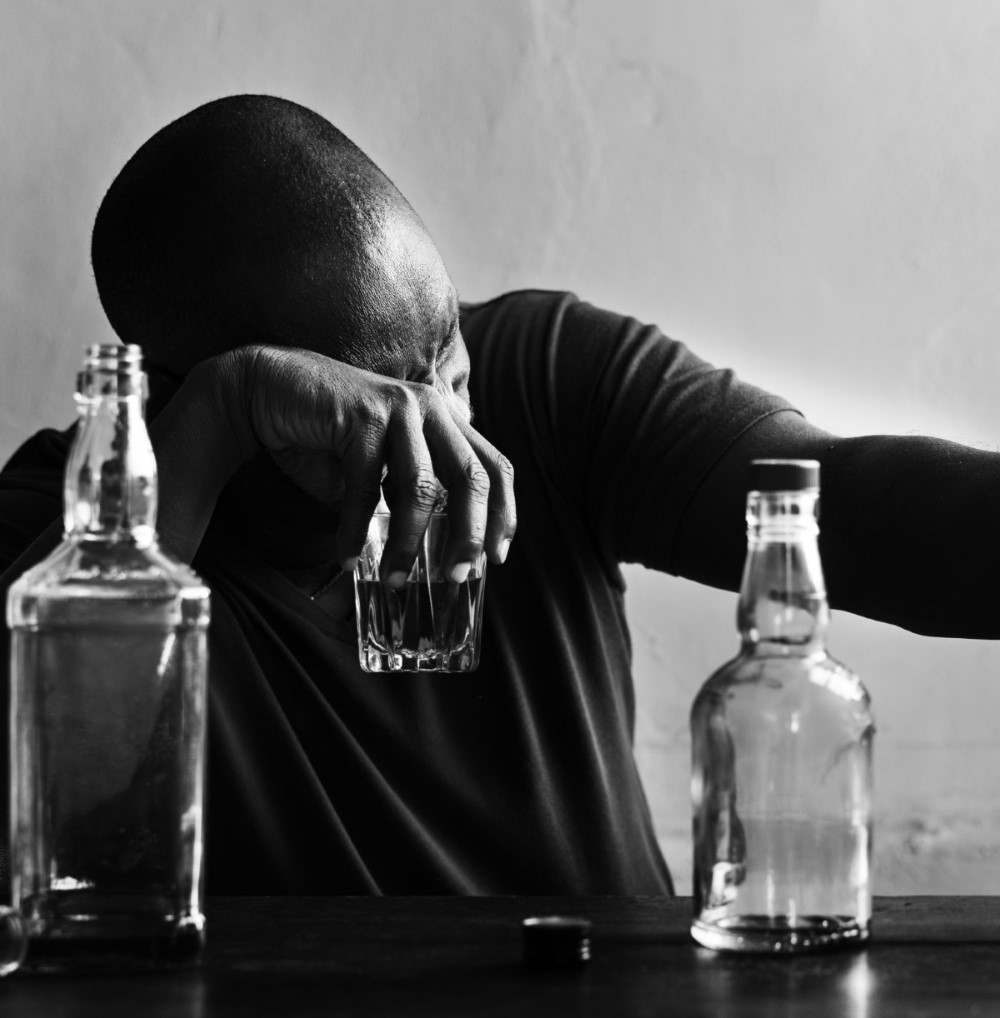When you scrutinize the ‘War on Drugs’, you might find a chasm between its initial intent and the actual outcomes. It’s a policy steeped in decades of implementation, aimed at curtailing the illegal drug trade. However, its effectiveness remains a hotly debated topic. What was intended to be a comprehensive crackdown has often been criticized for exacerbating the very issues it sought to address.
Disproportionate Impact on Communities
The ‘War on Drugs’ has not been waged on an even playing field. Statistics reveal a disproportionate impact on certain communities, often marginalized groups, who find themselves on the frontline of aggressive drug policies. This approach has fueled debates on systemic injustices, raising the question of whether we are battling addiction or perpetuating a cycle of societal and political failure.
Addiction: A Public Health Issue or a Crime?
The policy’s heavy-handed law enforcement approach has often overshadowed the public health aspect of drug addiction. You might consider whether treating addiction as a criminal issue rather than a health concern undermines effective treatment strategies. The resultant stigma can deter individuals from seeking the help they need, further entrenching the problem.
Effect on Drug Availability and Purity
Ironically, the ‘War on Drugs’ might have inadvertently contributed to a more dangerous drug landscape. By pushing the drug trade underground, it has become challenging to regulate drug purity and potency, leading to higher risks of overdose and contamination. As you ponder this, the safety of those using substances becomes a pressing concern.
Economic Costs and Opportunity Loss
The financial burden of the ‘War on Drugs’ is enormous. Funds allocated to enforcement could potentially be diverted to rehabilitation and education programs, which may offer a more sustainable solution to drug misuse. The policy’s economic implications stretch far beyond budgets, affecting the very fabric of communities bearing the brunt of drug-related law enforcement.
Incarceration vs. Rehabilitation
You might notice the swelling prison populations and question whether incarceration effectively addresses the complex needs of individuals with addiction. Rehabilitation, as opposed to punitive measures, could present a more compassionate and constructive approach, focusing on recovery and reintegration into society.
International Ramifications
The global resonance of the ‘War on Drugs’ cannot be ignored. Its policies have crossed borders, influencing international drug control and enforcement practices. This ripple effect prompts a reevaluation of its place in the world, especially when it comes to supporting countries with less resources to combat drug-related problems.
The Future of Drug Policy
Looking forward, you may consider how a shift in strategy could redefine the approach to drug misuse. Emphasizing harm reduction, education, and a more robust public health infrastructure may pave the way for a more effective and humane response to drug addiction.
The ‘War on Drugs’ Legacy: Unintended Consequences
The ‘War on Drugs’ was conceived as a hard-line approach to eradicating illegal drug use and trade, leading to an escalation of law enforcement interventions from the 1970s onwards. Despite its longevity, significant research, including a 2021 study by the Working Group on Arbitrary Detention, points to a troubling legacy marked by a surge in mass incarcerations. This is attributed to practices such as racial profiling, overly aggressive search and seizure tactics, extensive pretrial detentions, and uneven sentencing—all disproportionately targeting individuals who use drugs.
Under the guise of deterrence, the ‘War on Drugs’ has woven a complex web of social repercussions. It casts a long shadow over various facets of life, especially within the U.S., where it perpetuates a culture of surveillance and suspicion. The punitive measures extend beyond the criminal justice system, encroaching on fundamental social determinants of health such as education, employment, and housing. Those ensnared by drug-related convictions often face diminished prospects and access to social benefits, perpetuating a cycle of disadvantage and marginalization.
These policies also reverberate beyond the individual, affecting communities and entire societies. The ripple effects challenge the efficacy of the ‘War on Drugs’ as a policy, provoking critical discourse on whether it represents a battle against the scourge of addiction or the emblem of socio-political missteps. As such, evaluating the ‘War on Drugs’ compels us to confront its complex interplay with society and consider alternative paths that emphasize health, rehabilitation, and socio-economic integration.
If the insights shared here have sparked your interest or touched upon concerns you’ve faced, I invite you to delve deeper into this critical dialogue. It’s a conversation that touches on the very fabric of our society, questioning our approach to one of the most pressing challenges of our time. Your experiences, questions, and insights are invaluable to broadening this discussion. I encourage you to reach out through our contact form for a more in-depth exploration into the complex world of addiction policies and their far-reaching impacts. Together, we can forge a path toward solutions that are as compassionate as they are effective.

The Intersection of Addiction and Homelessness You might find it surprising how closely intertwined addiction…

Recovering from addiction is an arduous journey that encompasses more than just achieving sobriety. It’s…
Breaking Free From the Label The Power of Labels in Society Labels are like name…
Embarking on the journey of sobriety is a monumental step, yet the early stages of…

